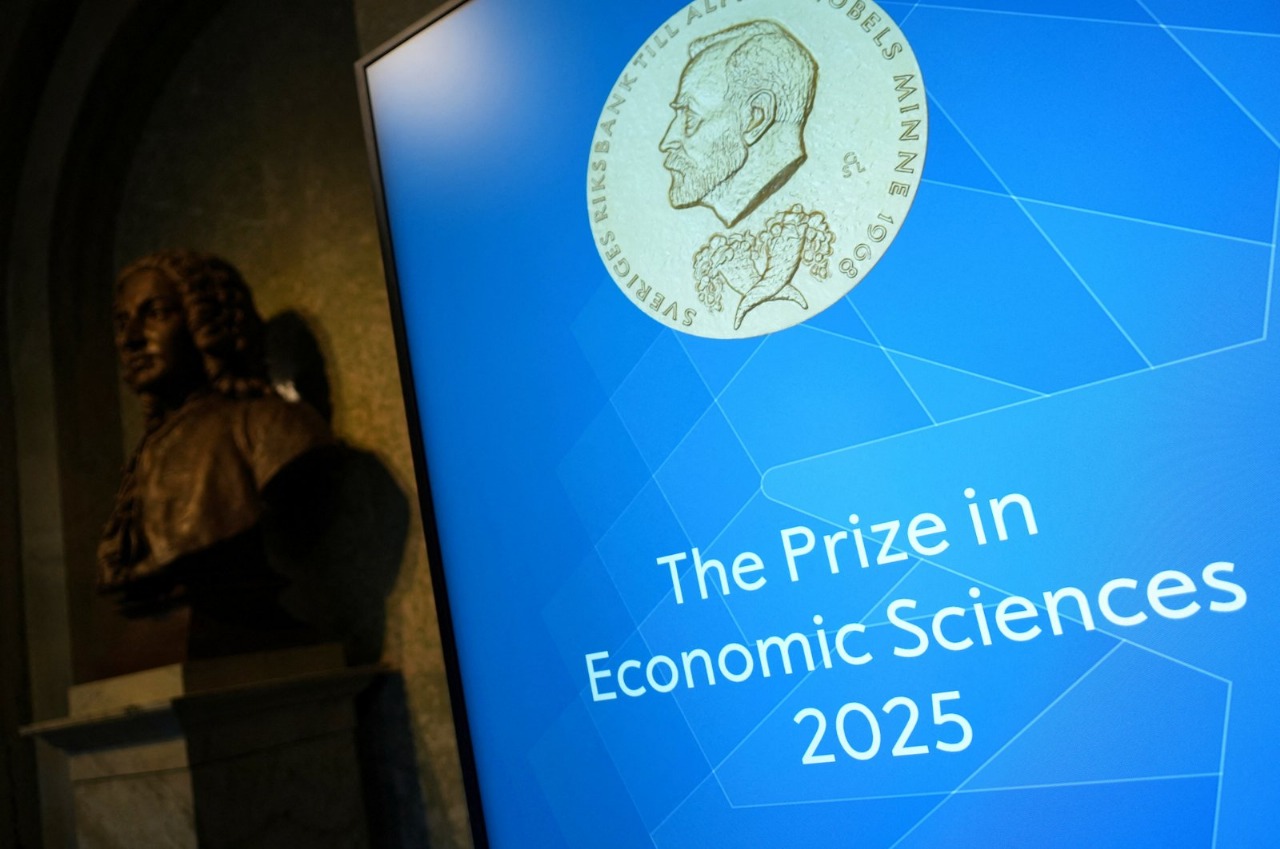The 2025 Nobel Prize in Economics honors Joel Mokyr, Philippe Aghion, and Peter Howitt for their work on innovation-driven growth. Their research reveals that while innovation is vital, it must be paired with institutions, education, and policy to ensure sustained economic development across societies and generations.
Innovation is not a silver bullet
The Royal Swedish Academy of Sciences awarded the 2025 Sveriges Riksbank Prize in Economic Sciences to three economists whose work reshapes how we understand economic growth. Joel Mokyr, Philippe Aghion, and Peter Howitt were recognized for their groundbreaking theories on how innovation fuels—but does not guarantee—long-term prosperity.
Mokyr’s historical analysis emphasized the cultural and institutional conditions that allowed technological progress to flourish during the Industrial Revolution. Aghion and Howitt, meanwhile, developed the theory of “creative destruction,” showing how innovation drives growth by replacing outdated technologies with new ones, but also creates disruption that must be managed.
Why innovation needs support systems
While innovation is often hailed as the engine of economic progress, the laureates’ work underscores that it cannot operate in a vacuum. Their research points to the importance of complementary factors such as education, competition, and inclusive institutions that enable societies to absorb and benefit from innovation.
Without these supports, innovation can exacerbate inequality, displace workers, or fail to translate into broad-based growth. The prize committee emphasized that sustainable development requires a holistic approach that balances technological advancement with social and institutional readiness.
Key insights from the 2025 Nobel Prize
- Innovation is essential but insufficient for long-term economic growth
- Joel Mokyr highlighted the role of culture and institutions in enabling innovation
- Aghion and Howitt’s “creative destruction” model explains how innovation disrupts and renews economies
- Education, competition, and inclusive policies are critical to harness innovation’s benefits
- Innovation can widen inequality if not paired with social safeguards
- The prize reflects growing concerns about tech-driven disruption and uneven growth
A timely message for policymakers
In an era of rapid technological change—from AI to green energy—the 2025 Nobel Prize serves as a reminder that innovation must be guided by thoughtful policy. Governments and institutions must invest in education, ensure fair competition, and build inclusive systems to turn innovation into shared prosperity.
As the world grapples with economic uncertainty and technological upheaval, this year’s laureates offer a roadmap for growth that is not just fast, but fair.
Sources: NobelPrize.org, CNBC, The Hindu

